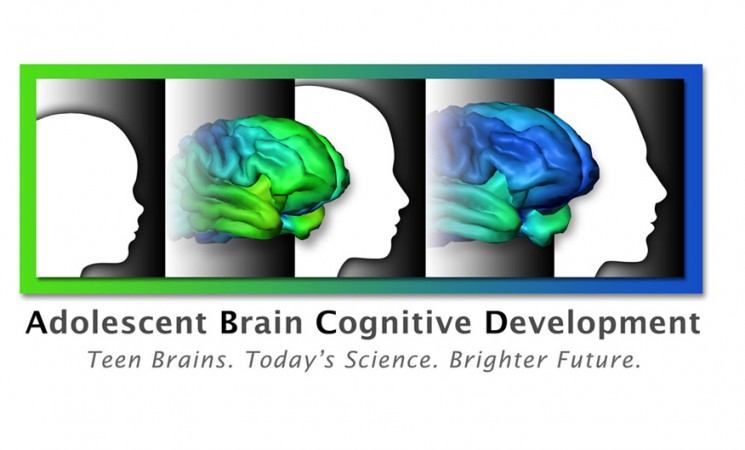Archived Content
This page is archived and provided for historical reference. The content is no longer being updated, and some of the information may have changed over time and could be outdated or inaccurate.

By William Riley, Ph.D., OBSSR Director
Far too many times as a teenager, after displaying a clear lack of judgment, my parents would ask, “What were you thinking?” I suspect that this is a common question of many parents and lies at the heart of an NIH study launching today to understand better how teens’ brains develop into adulthood and how the many social and emotional challenges of adolescence shape this development. The landmark NIH Adolescent Brain Cognitive Development (ABCD) Study, the largest long-term study of brain development and child health in the United States, will follow the biological and behavioral development of more than 10,000 children beginning at ages 9–10 through adolescence into early adulthood.
Recruitment begins for landmark ABCD study of adolescent brain development.
The core outcome measures of the ABCD Study are behavioral and social in nature. Its goal is to understand and predict how childhood experiences interact with each other and with a child’s changing biology to affect brain development and social, behavioral, academic, health, and other outcomes. The behavioral and social variables to be measured include parent and child/adolescent questionnaires, neurocognitive tests, measures of the social and cultural environment, and wearable sensor measures of sleep and physical activity. ABCD Study sites were selected to obtain a diverse sample that reflects the U.S. population of boys and girls, including children of diverse races and ethnicities, education and income levels, and living environments. To that end, the researchers partnered with public, private, and charter elementary schools in the continental United States and Hawaii to ensure that all demographic groups are included in the study. The breadth and diversity of the sample will help explore factors that contribute to health disparities and persistent achievement gaps.
More than 10,000 children will participate in ABCD study of brain, social, emotional, and cognitive development.
Working closely with many stakeholders, including the children and parents involved in this study, will ensure research questions that are relevant and responsive to them. The recent advances in technologies that allow us to better measure both the brain and behavior in real-time offers an unprecedented opportunity to understand the dynamic interplay of brain and behavior over the course of adolescent development, a crucial period that lays the foundation for many health and behavioral problems in later life.
Working closely with children and parents involved in study ensures research questions are relevant and responsive to them.
The ABCD Study aligns well with OBSSR’s scientific priorities in our soon-to-be-released strategic plan, as it is a prospective, longitudinal basic-science study focused on various behavioral and social phenomena and clinically relevant outcomes, such as substance use, mental health, and physical health. The ABCD Study also takes advantage of existing research infrastructure, such as cognitive and emotional instruments in the NIH Toolbox and will produce large, multifaceted data sets that will require cutting-edge analytics, consistent with the methods and measures infrastructure approaches prioritized in OBSSR’s strategic plan. This study will create a unique data resource for the entire scientific community by embracing an open science model, which will benefit the research efforts of a broad scientific community, including the behavioral and social sciences research community. The ABCD Study will release curated, anonymized data annually to the research community, along with the computational workflows used to produce the data. ABCD data releases will begin 1 year after data collection begins. Scientists worldwide will be able to conduct analyses, pool resources, and enrich the value of this study by rapidly expanding the types of scientific questions answered. I cannot overstate the significance of the research resource we launch today.








